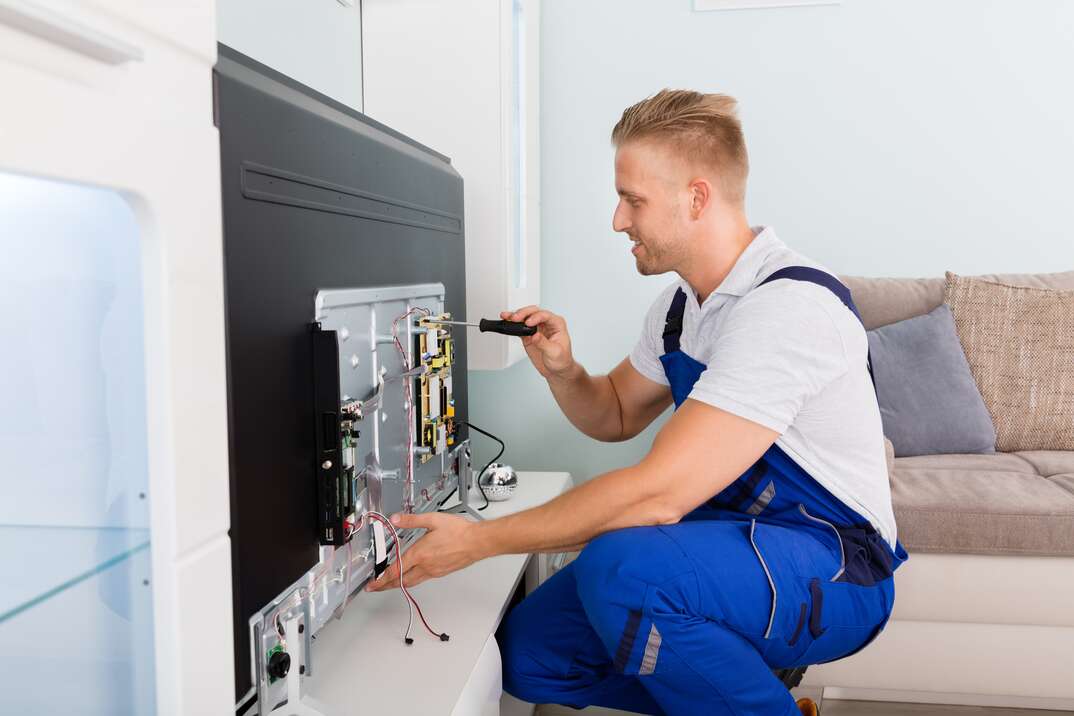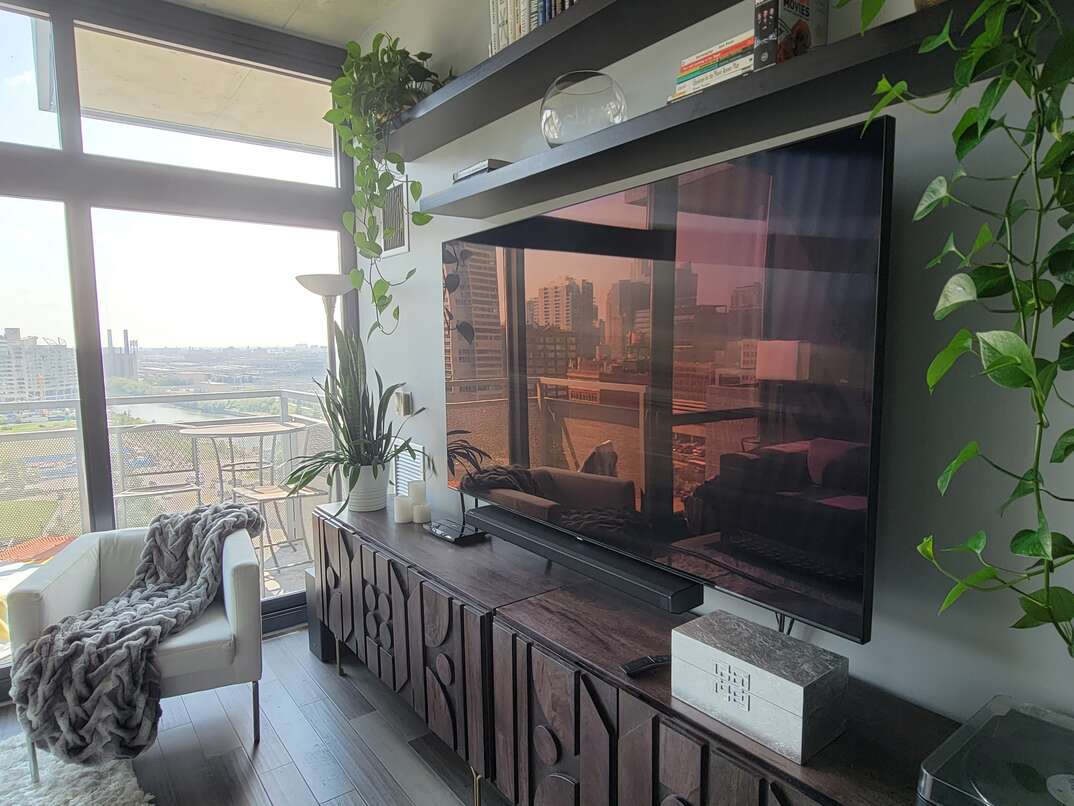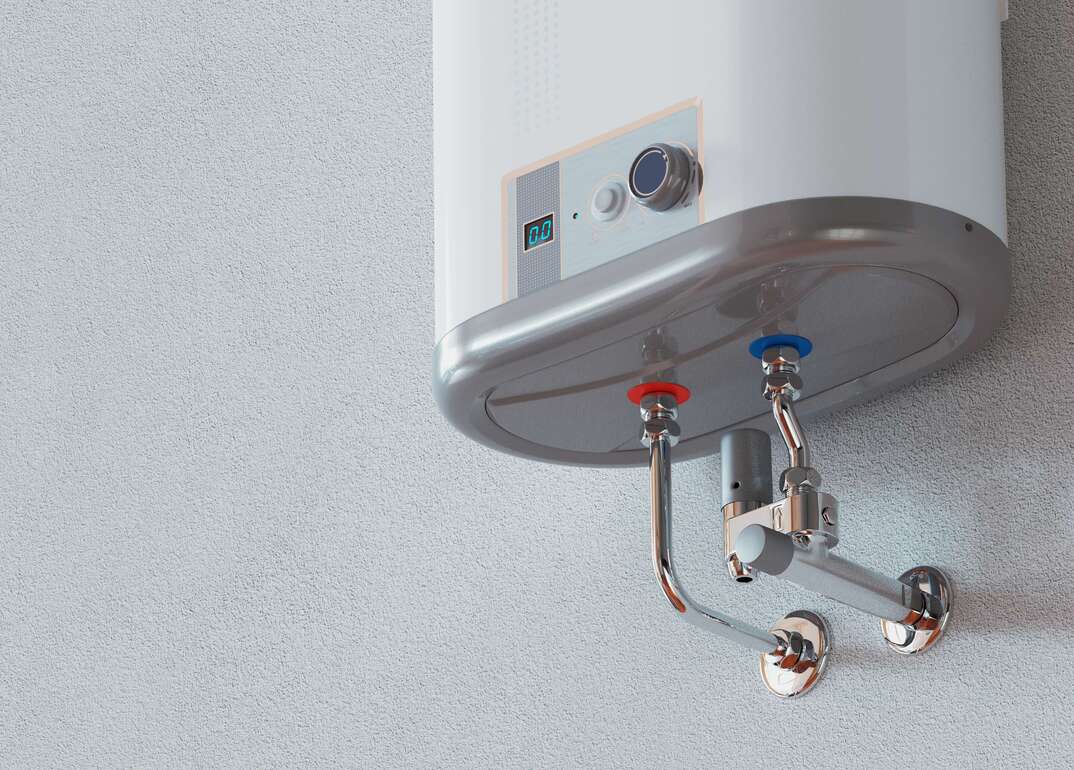How Much Does a Fridge Cost?

Refrigerator Costs at a Glance
- Budget model: $650-$1,000
- Mid-range model: $1,000-$1,500
- High-end model: $1,500-$3,000+
- Mini fridge: $100-$500
- Delivery and installation: $100-$200
- Water line installation: $65-$130
- New electrical outlet installation: $120-$200
When your leftovers don't stay cold and your freezer frosts up too often, it might be time for a new refrigerator. Knowing how much a fridge costs can help you plan for the large purchase.
This May Also Interest You: Will the Fridge Fit? How to Measure a Refrigerator
Price tags on refrigerators vary to fit all types of budgets and have a wide range of features to match. This overview breaks it down to help you know what to expect.
How Much Is a Fridge?
Basic refrigerators can come in under $1,000 while high-end, smart refrigerators can cost several thousand dollars. The capacity and features are two primary factors in the cost of a new refrigerator. You'll also find variations between brands. The following guide breaks down the differences between budget, mid-range and high-end refrigerators.
Budget Refrigerators
On the low end of the price range, you'll find refrigerators from about $650 to $1,000, according to Designer Appliances. They work well if your budget is tight, you're outfitting a rental unit or you want an extra fridge for a basement or garage. These budget refrigerators are usually the traditional freezer-on-top models with basic climate control inside the refrigerator to adjust between low, medium and high settings. Don't expect any smart features or built-in ice makers at this price point. Shelving and drawers are usually simple without much adjustability.
Mid-Range Refrigerators
Bumping up your price range to the midrange level typically costs you $1,000 to $1,500. This option works well for most kitchens. You'll find the freezer-on-top models, often with more features and upgrades. You can also find some side-by-side refrigerators in this price range. They might have a basic water and ice dispenser. Shelving and temperature controls are usually pretty basic, with no smart refrigerator features included.
High-End Refrigerators
At the high end, you can spend $1,500 to $3,000 or more. High-end refrigerators include any type of configuration, including freezer-on-bottom, French door and side-by-side models. You can get a counter-depth refrigerator, so it's flush with the counters instead of sticking out beyond them like traditional models. These refrigerators also come in a wide range of finishes and accents, which gives them a high-end look.
Other features you might find on refrigerators in this price range include:
- Glass doors to see into the refrigerator without opening the door
- Small quick-access doors to grab frequently used items without opening the entire door
- Touchscreens to control a variety of features, including finding recipes, making grocery lists, looking at your calendar and seeing what's inside the fridge
- App access to smart refrigerators
- Connection to smart home systems and virtual home assistants for remote control
- Greater control over the internal temperature and humidity with advanced controls
- Advanced ice and water dispensers inside or outside the appliance
- Quiet operation
- Configurable shelving and storage areas
- Air filtration systems to reduce odors in the refrigerator
- Fingerprint-resistant finishes
- Higher cubic footage
How Much Does a Mini Fridge Cost?
Fixr says mini refrigerators cost an average of $100 to $500, but you might find some a little under $100. They have a much smaller capacity, usually 8 cubic feet or less. They're often used for dorm rooms or as a way to keep drinks or cosmetics in a part of your home that’s not close to the kitchen, like a bedroom or home office.
How Much Does Installation Cost?
When you replace your old refrigerator with a new one, the installation cost is usually minimal. You'll often pay a delivery and setup fee, which includes moving the refrigerator into your home, plugging it in, leveling it and making sure it's working correctly. Delivery and installation typically cost between $100 and $200 if you're having it installed on the first floor. For a location on a higher floor without an elevator, expect to pay another $40 to $50 per floor.
Some situations require other contractors to make adjustments before you can have your new refrigerator installed. If you need a new water line installed for your ice maker or water dispenser, for example, you'll need a plumber, which typically runs between $45 and $200 per hour, with the total water line job costing between $65 and $130. You'll need an electrician if your refrigerator needs a new outlet. The cost is usually around $120 to $200 for each outlet.
More Related Articles:
- How to Organize Your Fridge in 5 Steps
- Cool for School: Here are the Top 5 Dorm Mini Fridges
- We Gotta Move These Refrigerators: A Step-by-Step Guide to Moving Your Fridge
- 5 Best Smart Refrigerators for Various Household Needs
- Samsung Smart Refrigerators: Smart Features and How They Work
How Long Does a Refrigerator Last?
Refrigerators generally last for 10 to 15 years, so says Bob Vila, with about 13 good years from most units. The appliance usually becomes less efficient after that point, and there's a greater risk of parts going bad. They can last 20 years or longer if you take good care of them. Cleaning the coils, replacing damaged gaskets and having repairs done as soon as you know something is wrong can help you get more years out of your fridge.
Tips for Choosing a New Refrigerator
When buying a new refrigerator, price is a big part of the decision. Go into the purchase with a general budget in mind. Then, consider which features are most important to balance the two. Keep these tips in mind when choosing a refrigerator:
Measure the Space
Fridges vary in size, including the width. Measuring the refrigerator that you're replacing and the available space helps you choose a replacement that fits perfectly.
Consider the Configuration
Check out different configurations — including French door, side-by-side, top-freezer and bottom-freezer options — to see which one you like best.
Look at the Features
Evaluate which extra features you want and which you can live without. If your budget is limited, you might need to sacrifice some of the higher-end features, such as smart refrigerator capability, to stay in your price range.
Don’t Forget Storage
You can find a range of storage features, such as various drawers, door bins for gallon-size jugs and various shelves. Consider the type of things you keep in the fridge and which type of storage options work best for you.
Assess the Climate Control
Higher-end refrigerators often have more options for humidity and temperature control. This can help you customize the settings for different zones of the fridge.
Compare the Adjustability
When you spend a little more on refrigerators, you often get more adjustability and accessibility options, such as shelves you can slide in and out to reach things better and hinged shelves you can flip out of the way.


